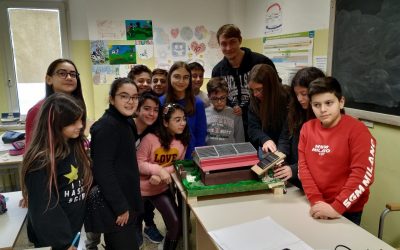Being a student is an exhilarating time, but it can also be difficult, particularly when it comes to budgeting. You’re probably living on a tight budget as a student, with limited revenue and numerous expenditures. However, correct budgeting allows you to make the most of your resources while avoiding financial worry. In this guide, we’ll look at some of the best strategies for student budgeting.
1. Determine your income
The first stage in planning is to figure out how much money you have. This includes any money you earn from a part-time employment, scholarships, grants, or parental payments. Once you’ve determined your revenue, you can begin planning your expenditures.
2. Identify your expenses
Next, identify your expenditures. Rent, utilities, groceries, transportation, study materials, and recreation are all included. Make an inventory of your expenditures and figure out how much you spend on each one. This will help you understand your weekly expenditures and where you can save money.
3. Create a budget plan
Create a budget strategy using the details from steps 1 and 2. This entails allocating your revenue to your expenditures so that you know how much money you have to spend each month. To keep track of your expenditures and measure your success, you can use a spreadsheet or a budgeting tool.
4. Cut back on unnecessary expenses
Cutting back on unnecessary expenditures is one of the most effective methods to save money. This includes dining out, purchasing coffee, and making spontaneous purchases. To save money on supplies, consider bringing your lunch, preparing your own coffee, and buying at discount shops.
5. Use student discount
As a student, you are qualified for a number of benefits. This includes transit, amusement, and food savings. Always take your student ID with you and inquire about student discounts before making a transaction.
6. Plan for unexpected expenses
Unexpected costs can arise at any moment, so it is critical to prepare for them. Consider putting money away each month for unforeseen expenditures like vehicle maintenance, medical fees, or unexpected travel.
7. Track your spending
Finally, keep note of your expenditures to ensure you’re staying within your budget. This includes saving receipts, watching your financial account, and updating your spending plan on a frequent basis. This will assist you in identifying places where you may be overspending and making necessary changes.
Budgeting is a significant skill for students to develop. You can make the most of your resources and prevent financial worry by establishing a budget, cutting back on unnecessary expenditures, and preparing for unexpected expenses. Remember to keep track of your expenditures and make changes as required to ensure you’re on schedule to meet your financial objectives.












